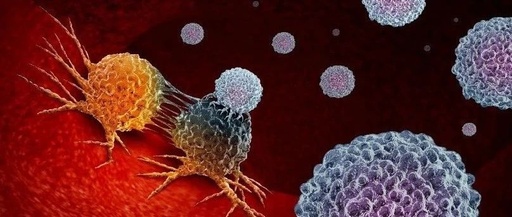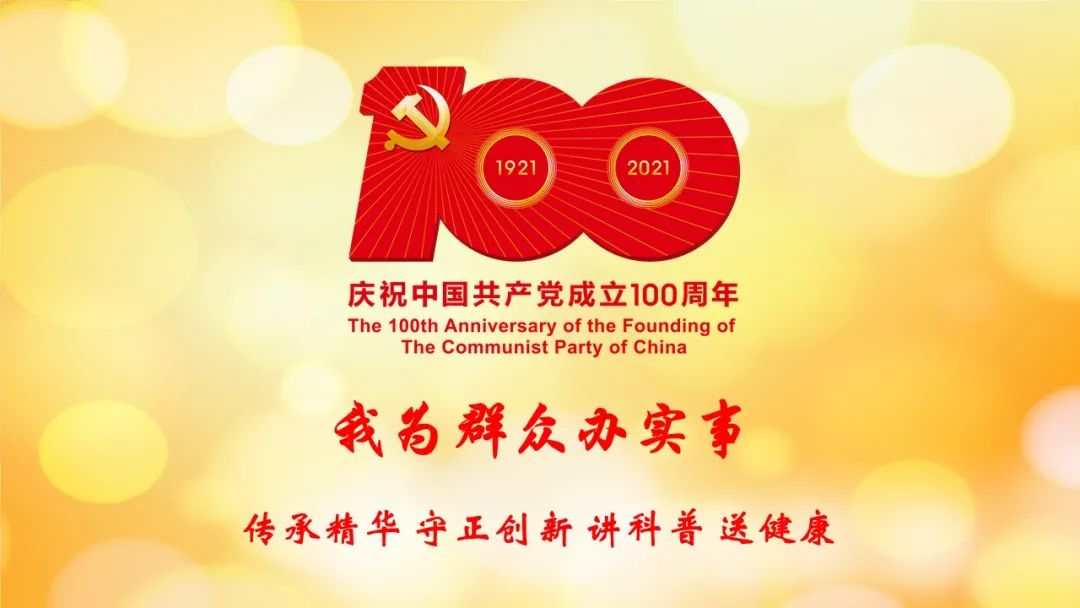
 Introduction:
Introduction:
The incidence of malignant tumors is continuously rising, posing a serious threat to human health. The treatment of tumors is a systematic project that requires scientific methods, a high sense of responsibility, and warm compassion. Professor Zhang Haibo’s team from the Oncology Department of Guangdong Provincial Hospital of Traditional Chinese Medicine will regularly share the latest advancements in tumor prevention and treatment as well as related popular science knowledge through the “Path to Anti-Cancer” column, to enlighten and clarify for you. The road to anti-cancer is long and arduous, but we are willing to walk with you! We welcome your continued attention!

In recent years, more and more new anti-cancer drugs have entered our field of vision, among which immunotherapy is the hottest. Most people may understand immunotherapy as enhancing immunity and strengthening the body to combat tumors, but this understanding is incorrect. Let us follow Professor Zhang Haibo from the Oncology Department of Guangdong Provincial Hospital of Traditional Chinese Medicine to learn about this treatment.
First, the immune system is our most powerful weapon to maintain health and resist external threats. But why can’t our immune system attack tumors? Because tumor cells are not foreign invaders; they are mutated from our own cells, akin to a traitor. Since they originate from the same root, these ‘bad guys’ possess many functions similar to our normal cells and can deceive the immune system through various means, saying, ‘Don’t shoot, we are one of you!’ Therefore, the immune system cannot recognize tumor cells and cannot stop their rampant growth.
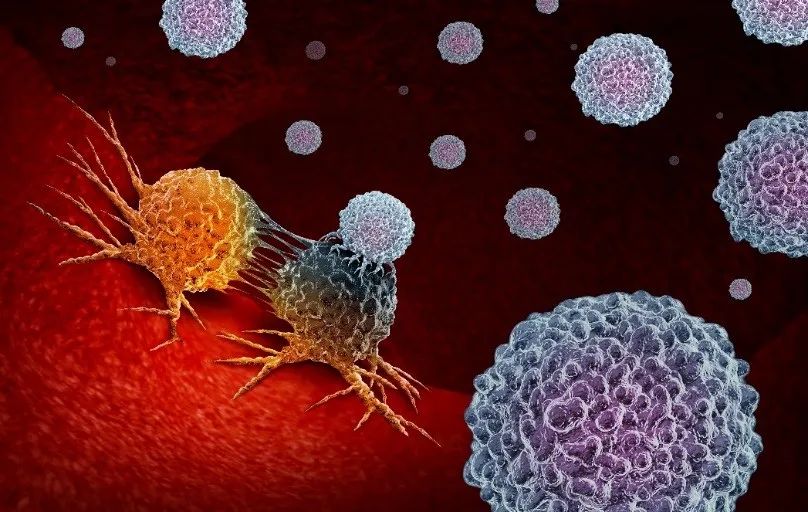
Immunotherapy is developed based on this tumor escape mechanism. Just like when people get a COVID-19 vaccine, after the inactivated virus enters the body, our immune system recognizes their true nature and can produce protective effects. Immunotherapy aims to equip our immune system with the ability to recognize these tumor cells wearing disguises or to force them to reveal their true selves, thus preventing them from escaping the immune system’s attack and controlling tumor growth.

 Which patients can use immunotherapy?
Which patients can use immunotherapy?
With the deepening of research, it has indeed been found that immunotherapy can be used for many cancers, almost from head to toe. Moreover, once immunotherapy takes effect, it exhibits a ‘tailing effect,’ meaning it can effectively control tumor progression for a long time, which is of great significance for extending the survival time of late-stage patients. As a result, many patients request not to undergo chemotherapy but to receive immunotherapy as soon as they are diagnosed, believing it to be very effective! However, reality is often harsh…
The benefits of immunotherapy are closely related to the tumor microenvironment! We can classify the local immune microenvironment of tumors into ‘cold tumors’ and ‘hot tumors’ based on immune response and the number of lymphocytes. Patients with hot tumors have sufficient immune troops, can trigger a good immune response, and often benefit well from immunotherapy; while cold tumors, which have little to no immune response and are ‘desert-like,’ find it difficult to achieve efficacy.
From current research, immunotherapy can only help 20-30% of cancer patients, and often needs to be combined with chemotherapy. Relying solely on the body’s immune system to kill tumors is often insufficient, and most patients, even with immunotherapy, may continue to ‘coexist peacefully’ with tumors due to insufficient immune troops or inability to stimulate their fighting desire. Moreover, adverse reactions caused by immunotherapy can even endanger patients’ lives, which would be more harmful than beneficial.
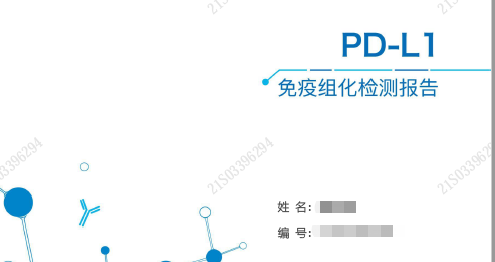
So how can one know if they are suitable for immunotherapy? Doctors usually recommend first conducting a PD-L1 test. Currently, patients with high PD-L1 expression levels have a greater probability of benefiting from immunotherapy. Additionally, high tumor mutational burden (TMB), microsatellite instability-high (MSI-H), and the immune microenvironment can also serve as reference points for comprehensive judgment.

How long does immunotherapy take to take effect?
How long is the treatment duration?

Due to the unique mechanism of immunotherapy, its onset time is often slower compared to drugs that directly kill tumors. Many patients may not see effects until three months later. Therefore, after starting treatment, it is essential to have enough patience and follow the doctor’s arrangements for re-examinations to assess the condition.
The treatment duration should be based on the specific situation of the patient. Although there is still controversy regarding the specific duration, current data suggest that after two years of treatment, the tumor condition tends to stabilize, so a general recommendation is a treatment duration of two years; while for adjuvant therapy (such as surgery, concurrent radiotherapy, and chemotherapy), PD-1/PD-L1 is generally recommended for one year.
 Does immunotherapy have side effects??
Does immunotherapy have side effects??
Many patients believe that immunotherapy, which utilizes the body’s immune system to kill tumor cells, should not have side effects. However, this is not the case; the immune system may also attack normal cells that appear to be ‘bad guys’ but are actually ‘one of its own,’ or cause immune overreaction, leading to adverse reactions.
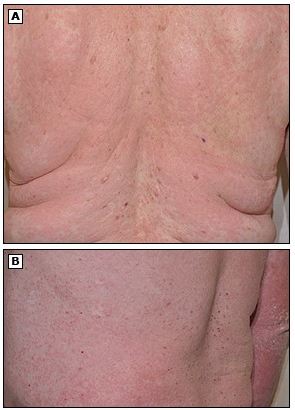
△Adverse skin reactions related to immunotherapy
Overall, the incidence of adverse reactions related to immunotherapy is relatively low (about 10%), and most are mild, occurring mostly between one to six months after treatment, such as immune-related colitis, rashes, hypothyroidism, pneumonia, joint pain, etc. However, most are controllable and reversible. It is worth noting that there are also severe adverse reactions, such as immune-related myocarditis, which are rare but can be life-threatening.
Therefore, immunotherapy still requires regular visits, close monitoring, and early detection and treatment. Timely application of hormones under the guidance of a doctor can often control the situation, and it can also be combined with Traditional Chinese Medicine (TCM) treatment to reduce the impact of adverse reactions. With the accumulation of clinical experience, the management of immune-related adverse reactions will gradually mature.
 How does TCM understand immunotherapy?
How does TCM understand immunotherapy?
In TCM theory, a very important viewpoint is the struggle between the right and the evil. Professor Zhang Haibo believes that the immune system and tumors represent a process of confrontation between righteous qi (正气, zhèng qì) and evil qi (邪气, xié qì). However, considering that the evil qi of tumors is very strong and often mixed with pathological factors such as blood stasis and phlegm-dampness, the resulting pathogenesis is often very complex. TCM emphasizes supporting the right and eliminating the evil in treating tumor diseases, utilizing the body’s righteous qi to combat the evil qi, which seems to resonate with immunotherapy. In clinical applications, immunotherapy is often combined with chemotherapy to enhance the efficacy of eliminating evil while supporting the right.
Modern pharmacology has also proven that many tonifying herbs such as Ginseng (人参, Rénshēn) and Astragalus (黄芪, Huángqí) can improve the immune system and enhance righteous qi, and even adjust the immune environment through herbal formulas or acupuncture to stimulate immune responses, reinforcing the immune troops. When combined with some anti-tumor Chinese herbs, they can synergistically exert control over tumor diseases. From this perspective, TCM may integrate well with immunotherapy in the future, and TCM could play a greater role in anti-tumor treatment!

Finally, we welcome patients in need to visit the Oncology Outpatient Department of Guangdong Provincial Hospital of Traditional Chinese Medicine or consult and seek treatment online at the Internet Hospital.
[Medical Guidance]
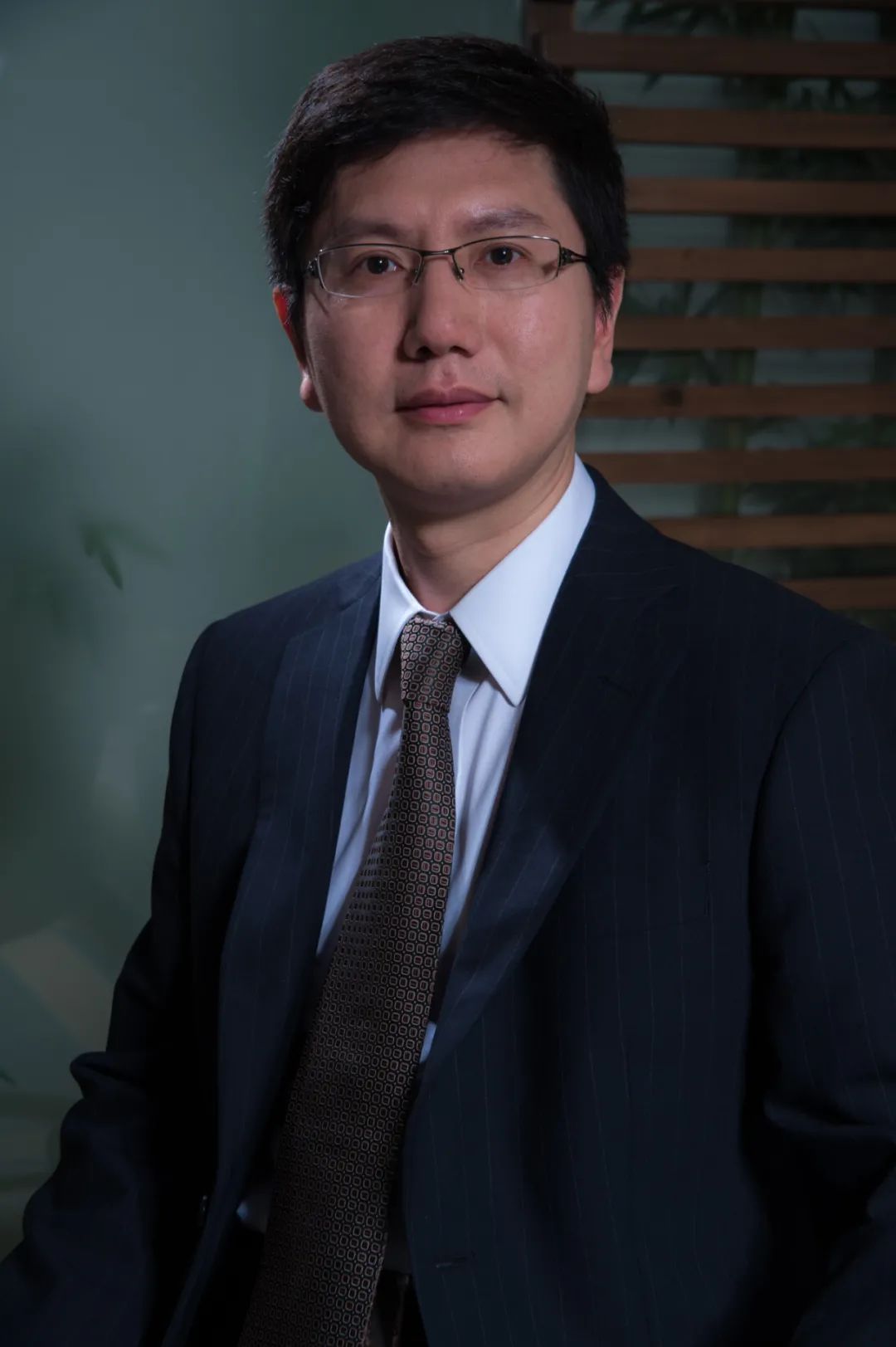
Professor Zhang Haibo, MD, Professor, Chief Physician, Doctoral Supervisor, Head of the Oncology Department at Guangdong Provincial Hospital of Traditional Chinese Medicine; a disciple of Master of Traditional Chinese Medicine Zhu Liangchun, Guo Zigang, and Li Shimao, and a renowned TCM physician in Guangdong Province.
Young and middle-aged renowned TCM physician of the China Academy of Chinese Medical Sciences; first batch of outstanding young medical talents in Guangdong Province; talent training object of the Guangdong Province “Thousand Hundred Ten” project. Vice President of the Precision Treatment Professional Committee of the World Federation of Chinese Medicine Societies; Vice Chairman of the First Committee of the Youth Professional Committee of the Chinese Association of Traditional Chinese Medicine; Chairman of the Precision and Integrated Treatment Professional Committee of the Guangdong Provincial Association of Traditional Chinese Medicine; Vice Chairman of the Oncology Molecular Targeted Therapy Professional Committee of the Guangdong Provincial Hospital Association; Vice Chairman of the Oncology Rehabilitation and Treatment Professional Committee of the Guangdong Provincial Association of Traditional Chinese Medicine; Member of the American Society of Clinical Oncology (ASCO) and Youth Committee of the Chinese Society of Clinical Oncology (CSCO).
[Team Introduction]
The research team on syndrome differentiation and precise treatment of malignant tumors is led by Professor Zhang Haibo, with renowned TCM physician Liu Weisheng as the academic advisor. The team collaborates with the Beijing Institute of Genomics, the National Center for Protein Science (Beijing), MD Anderson Cancer Center in the USA, UCLA, Cardiff University in the UK, and UMCU in the Netherlands, covering basic and clinical research on the integration of TCM and Western medicine for malignant tumors, including standardization of TCM syndrome differentiation, molecular pathology, liquid biopsy, clinical research on TCM, pharmacology of Chinese herbs, genomics, metabolomics, and other multidisciplinary research, aiming to improve the level of integrated treatment of malignant tumors and promote the internationalization of TCM. The team has hosted three national projects, three provincial and ministerial projects, published over 70 papers (26 of which are included in SCI, with the highest impact factor of 22.416), and published 11 monographs (one in English); has been granted one national invention patent and received two second prizes for scientific and technological progress from Guangzhou University of Chinese Medicine.
[List of Main Team Members’ Consultation Schedule]
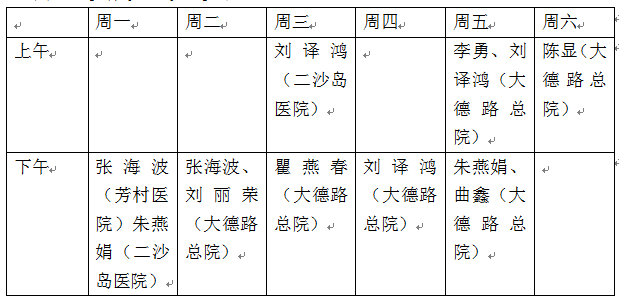
[Author of This Issue]
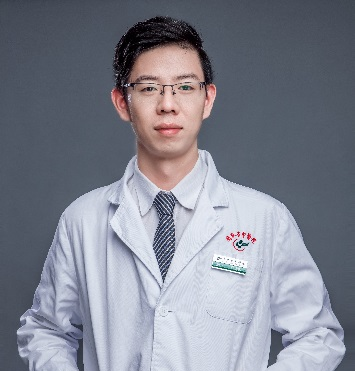
Chen Yadong
Master of Medicine, TCM Physician, Intern Researcher. Youth Committee Member of the Precision and Integrated Treatment Professional Committee of the Guangdong Provincial Association of Traditional Chinese Medicine, Member of the Integrated Oncology Professional Committee of the World Federation of Chinese Medicine Societies. Currently engaged in clinical research on the integration of TCM and Western medicine for malignant tumors such as lung cancer and gastrointestinal cancers.

Submitted by: Chen Yadong, Oncology Department, Guangdong Provincial Hospital of Traditional Chinese Medicine
Executive Editor: He Mingkun
Reviewed by: Zhuang Yingge
Editor: Song Liping

